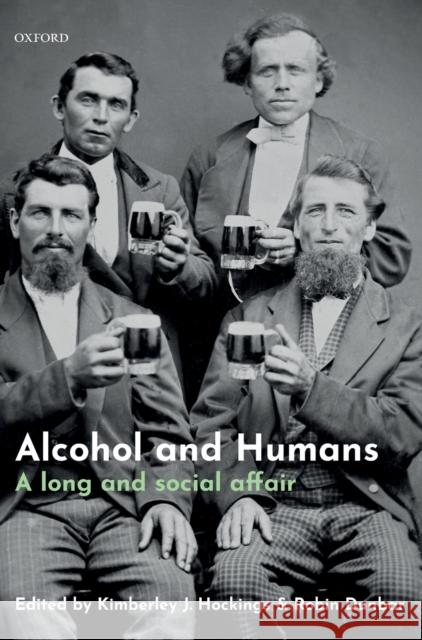Alcohol and Humans: A Long and Social Affair » książka
topmenu
Alcohol and Humans: A Long and Social Affair
ISBN-13: 9780198842460 / Angielski / Twarda / 2020 / 224 str.
Kategorie:
Kategorie BISAC:
Wydawca:
Oxford University Press, USA
Język:
Angielski
ISBN-13:
9780198842460
Rok wydania:
2020
Ilość stron:
224
Waga:
0.59 kg
Wymiary:
24.89 x 17.53 x 2.03
Oprawa:
Twarda
Wolumenów:
01
Dodatkowe informacje:
Bibliografia











